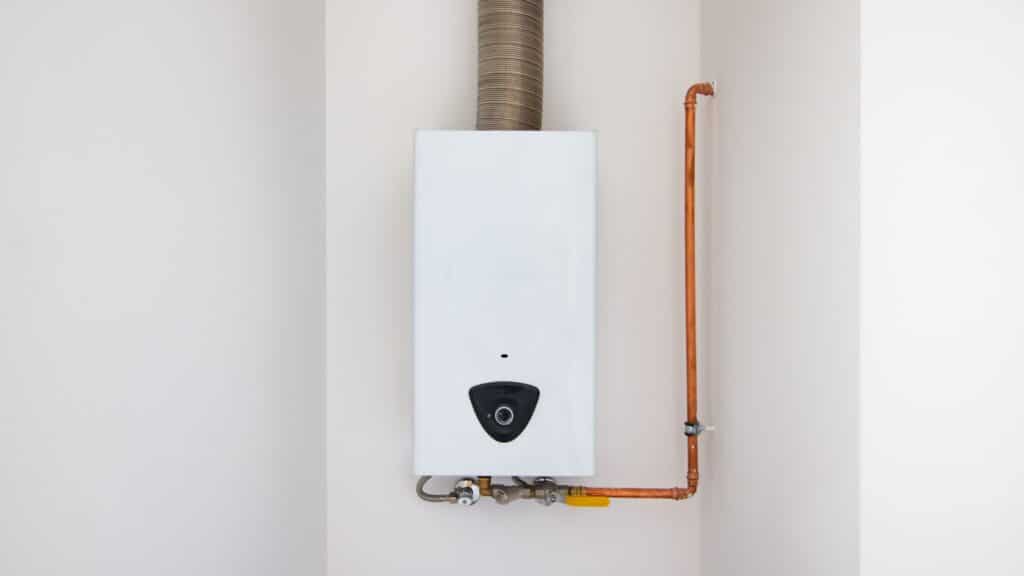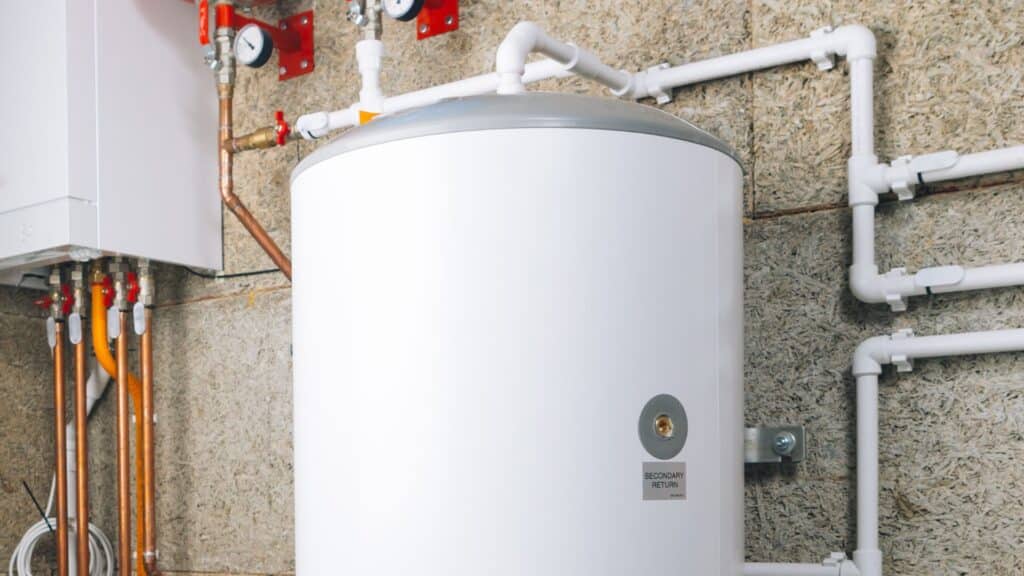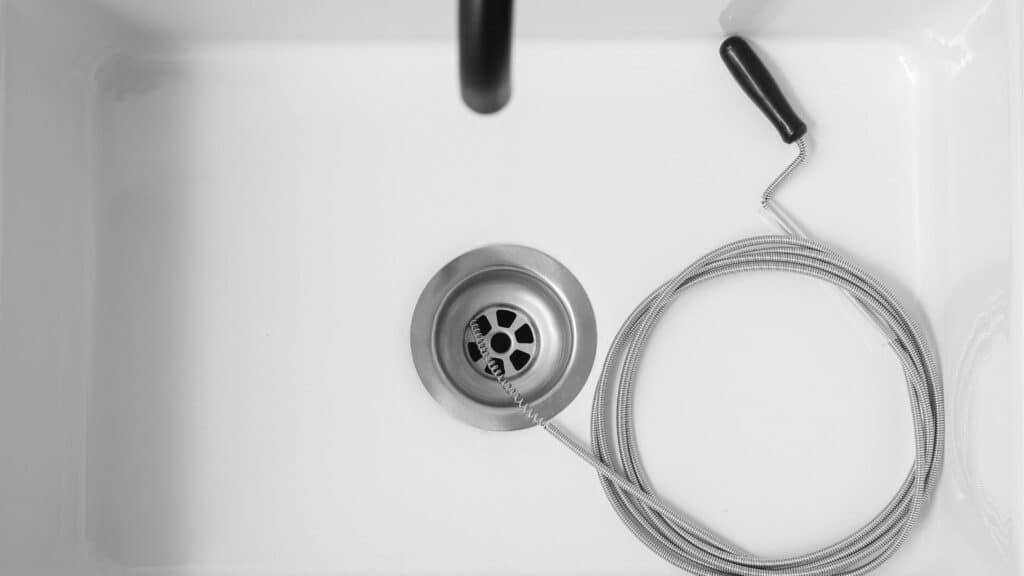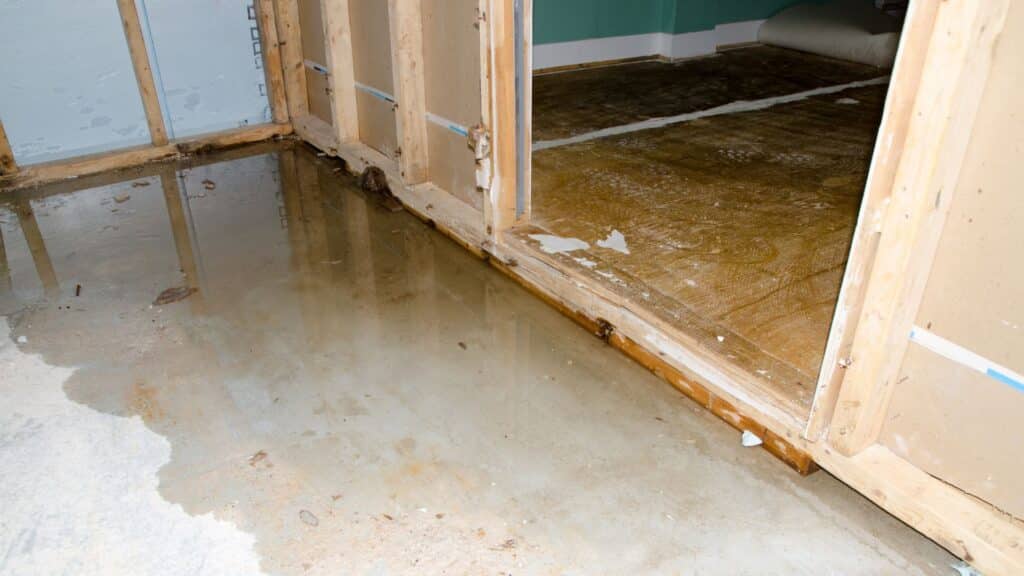Boilers play a critical role in keeping homes warm, especially during Calgary’s long and often brutal winters. But when something goes wrong, it can cause stress, discomfort, and expensive problems. One of the most common boiler issues that homeowners face is low water pressure. It may seem minor at first, but low pressure can lead to bigger problems if not dealt with quickly. In some cases, it could even result in needing emergency boiler repair.
Why Low Water Pressure Matters
Water pressure is what allows your boiler to run efficiently and distribute hot water or steam throughout your heating systems. When the pressure drops too low, it impacts performance, increases strain on components, and may prevent your boiler from turning on altogether.
A healthy boiler typically maintains a water pressure of 1.0 to 1.5 bar. If the pressure gauge shows a lower number, your heating system may not operate properly. That means colder rooms, inconsistent heating, or no heat at all during the worst time of year.
Signs Your Boiler Has Low Water Pressure
Some signs are easy to miss if you’re not paying attention. Here are the most common symptoms:
- Radiators not getting hot
- Lukewarm water from taps
- The boiler shuts off or won’t start
- Warning lights or error codes on the display
- The pressure gauge reads below 1.0
If your home is showing any of these signs, it’s time to take a closer look or call in Calgary plumbers with experience in boiler repair service.
What Causes Low Pressure in a Boiler?
There are several reasons why pressure might drop:
Water Leaks
Leaks in your system, whether visible or hidden behind walls, are a leading cause of low boiler pressure. Even a small drip can cause a steady drop in pressure over time. Water leaks should never be ignored. Besides impacting performance, they can lead to water damage and burst pipes.
Bleeding Radiators
If you’ve recently bled your radiators to release trapped air, you may have also released some water. This is common and can reduce the water level in your system, which lowers the pressure.
Faulty Pressure Relief Valve
The pressure gauge is connected to a valve that controls the pressure. If this component fails or malfunctions, your system might not hold pressure correctly.
Recent Repairs or Upgrades
After system maintenance or repair services, pressure can sometimes drop if the boiler hasn’t been properly refilled or bled.
Natural Loss Over Time
Over time, minor loss of pressure is expected, especially in older systems or those that haven’t had routine maintenance.
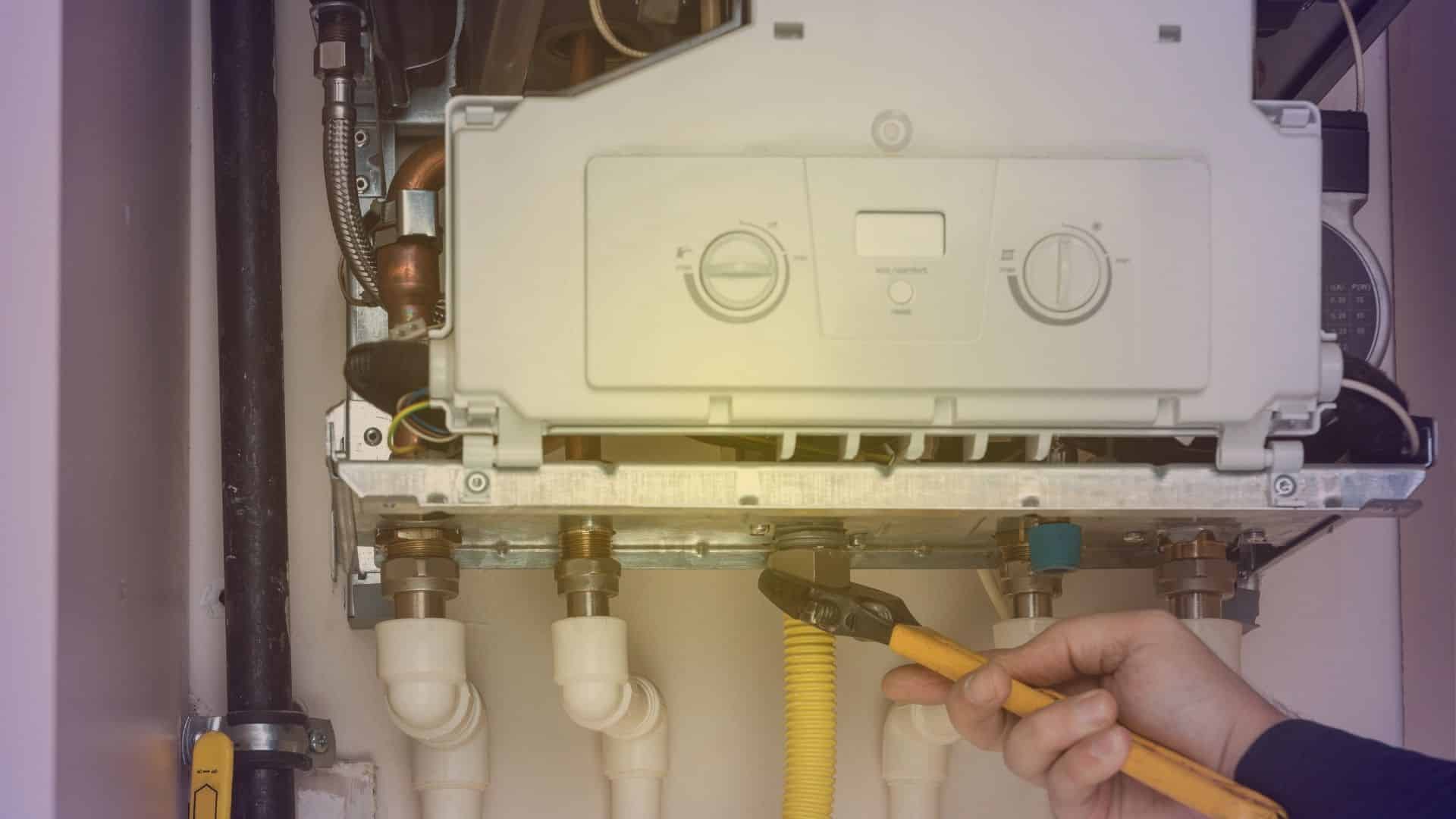
How to Fix Low Water Pressure
In some cases, you can restore pressure yourself. Check the user manual or the inside panel of your boiler for instructions. Typically, you’ll use the filling loop to top up the system with water until the pressure gauge returns to the ideal range.
However, if the pressure keeps dropping after you refill it, that’s a red flag. It could be a sign of an underlying plumbing problem, like a leak or broken valve. This is when you need professional help from a plumbing and heating specialist in Calgary AB.
When to Call an Emergency Plumber
If your boiler stops working completely in the middle of winter, that’s not just inconvenient—it can be dangerous. A lack of heat can lead to frozen pipes, burst pipes, and costly damage. This is where emergency plumbing comes in. A licensed emergency plumber can respond quickly, diagnose the issue, and restore your heat before further problems develop.
Don’t wait for things to get worse. Reliable emergency boiler repair services in Calgary are available 24/7 to restore your comfort and customer satisfaction
Preventing Pressure Problems with Maintenance
The best way to avoid low pressure is with regular care. Routine maintenance can extend the life of your system and help catch problems early. It includes:
- Checking the water level regularly
- Inspecting for leaks
- Servicing the pressure gauge and valves
- Cleaning internal components
- Ensuring the pilot light stays stable
Scheduling a boiler check-up before winter hits can help you avoid emergency breakdowns and high energy bills.

